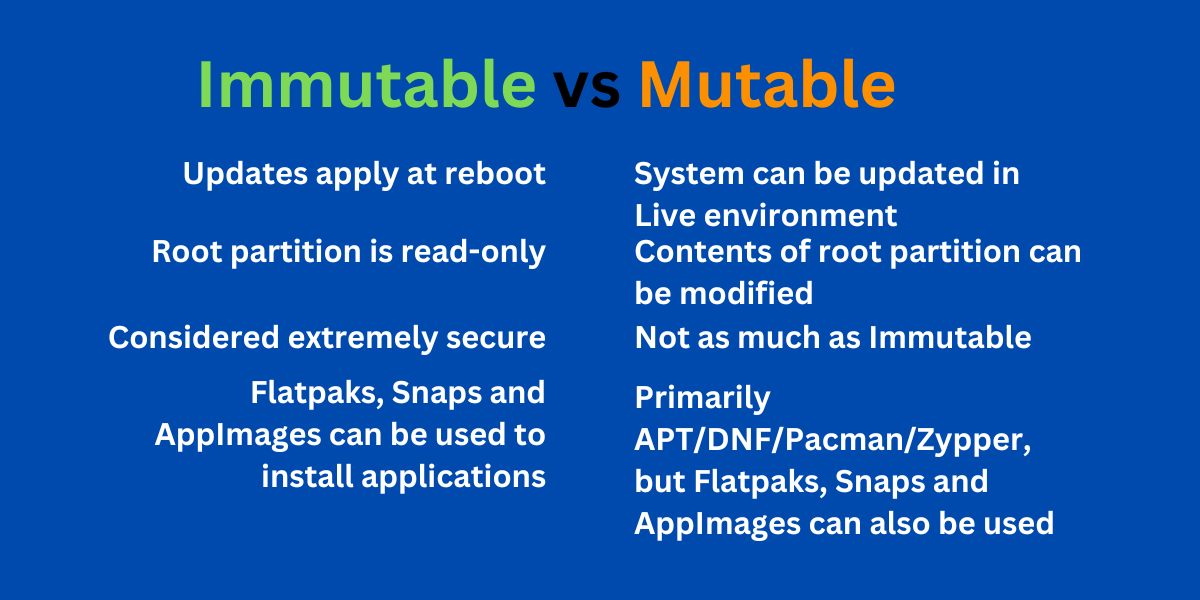this post was submitted on 13 Jan 2025
364 points (94.0% liked)
Linux
54947 readers
662 users here now
From Wikipedia, the free encyclopedia
Linux is a family of open source Unix-like operating systems based on the Linux kernel, an operating system kernel first released on September 17, 1991 by Linus Torvalds. Linux is typically packaged in a Linux distribution (or distro for short).
Distributions include the Linux kernel and supporting system software and libraries, many of which are provided by the GNU Project. Many Linux distributions use the word "Linux" in their name, but the Free Software Foundation uses the name GNU/Linux to emphasize the importance of GNU software, causing some controversy.
Rules
- Posts must be relevant to operating systems running the Linux kernel. GNU/Linux or otherwise.
- No misinformation
- No NSFW content
- No hate speech, bigotry, etc
Related Communities
Community icon by Alpár-Etele Méder, licensed under CC BY 3.0
founded 6 years ago
MODERATORS
you are viewing a single comment's thread
view the rest of the comments
view the rest of the comments

All that's totally fine! I wasn't trying to convince you. I just don't want newbies to get discouraged by reading "all this stuff is non-standard and you can't tinker and do stuff". Because you can, it's the same stuff.
Definitely not, this kind of system is perfect for newbies. You have a distrobox you can break all day long, and your main system stays nice and working.
That's what I mean. You put it like it's incredibly complicated and strange, when there's pretty much only upsides. Do you have any idea how much time I've spent on various distributions to debug NVidia issues? Everything is working perfectly now, and it has for months. I've never had this good of a Linux experience.
Hey! So I have no experience with the Arch-based immutable systems (beyond my own Steam Deck), but it seems like they don't support layering the way Fedora does with ostree. The easiest solution for you would be to create a script that you can execute after every update - that should at least keep the work to a minimum. If that's not good enough Bazzite is probably your best bet. I really like the atomic Fedora systems, but I can understand not wanting to re-do your setup if it's working well!
That sucks! Which handheld is it, if I may ask?